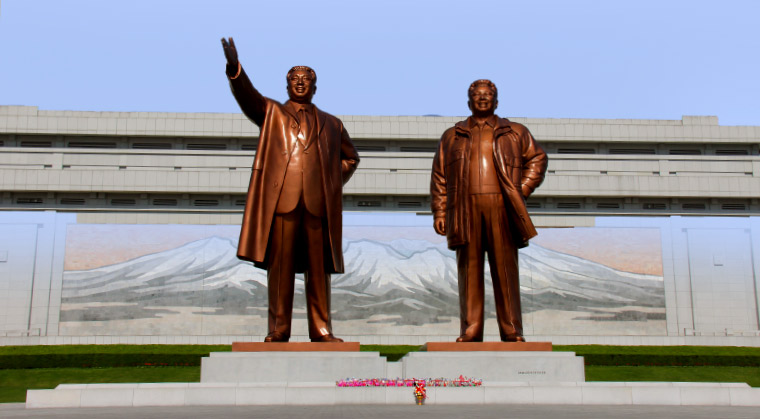A Bad Deal in North Korea?


A
s with most things concerning Donald Trump, observers can’t seem to agree on what happened in Singapore on June 12: Did the president give away the store, signing a meaningless document to “denuclearize” the Korean peninsula? Or did Trump deftly raise the stakes, flattering Kim Jong-un before the world’s cameras only to present him the real and onerous terms of the deal at a later date?
The answer will come into greater focus in the coming months, but for the time being, here’s a question worth considering: Will any deal make life better for the people of North Korea? And could a deal actually make their lives worse?
It’s a pertinent question, because life in North Korea is truly horrifying. In 2014, the United Nations published a report the described North Korea as the worst place to live in the world — worse than Somalia, Afghanistan, or Syria. It found “systematic, widespread and gross human-rights violations” by North Korea’s leaders and its institutions.
The gravity, scale, and nature of these violations reveal a State that does not have any parallel in the contemporary world. Political scientists of the 20th century characterized this type of political organization as a totalitarian State: a State that does not content itself with ensuring the authoritarian rule of a small group of people, but seeks to dominate every aspect of its citizens’ lives and terrorizes them from within.
The North Korean dictatorship dominates its citizens through a system of social hierarchy called songbun that assigns individuals’ rights based on their birth status and allegiance to the state. For instance, the regime concentrates its most favored citizens in the North Korean capital, Pyongyang, which looks more or less like a modern, advanced commercial center. Those outside the capital are less fortunate. They have less access to food and jobs, and are even restricted in who they might marry.
Those who run afoul of the state might be caught reading a Bible, drinking liquor at the wrong time of the year, accessing South Korean media, or listening to Western music. These enemies of the state are “disappeared” into one of four prison camps, where they are tortured before being killed.
In the political prison camps of the Democratic People’s Republic of Korea, the inmate population has been gradually eliminated through deliberate starvation, forced labour, executions, [and] torture…. The commission estimates that hundreds of thousands of political prisoners have perished in these camps over the past five decades. The unspeakable atrocities that are being committed against inmates of the kwanliso political prison camps resemble the horrors of camps that totalitarian States established during the 20th century.
In 2014, the United Nations estimated that between 80,000 and 120,000 people were being held in these prison camps, aside from the thousands of others being held in “ordinary” prison facilities.
In 2015, Barack Obama signed a deal with Iran that granted the regime international legitimacy and billions of dollars in sanctions relief in exchange for a temporary halt to its nuclear program. The regime took the goodies — and then stepped up its war against the West. So too the danger in North Korea. Any deal that entrenches the totalitarian state and allows it to maintain its system of prison camps and total control is a bad deal — bad for North Korea’s people, and bad for the world. (Originally featured in Mishpacha, Issue 715)
Oops! We could not locate your form.













